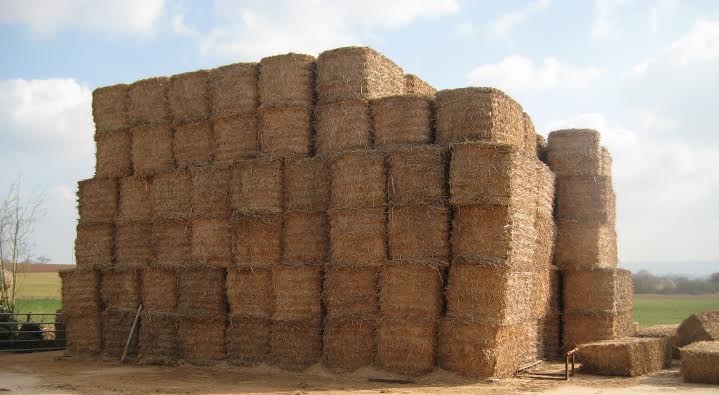
A new industry reporting scheme is set to allow tens of thousands of tonnes of previously unavailable biomass to be used in Renewable Heat Incentive (RHI) accredited projects. Crops for Energy (C4E) and Farm Energy Centre (FEC) have joined forces to operate a new scheme called the Sustainable Fuel Register (SFR).
The register will be the first industry led, self-sustaining approved supplier list. This will provide producers, traders and users of non-wood fuels with a simple way of meeting sustainability criteria required for compliance with the RHI. The SFR will be formally launched at Energy Now on 10 February 2016.
Users of wood fuels already benefit from the Biomass Suppliers List (BSL), which allows them easy compliance with the RHI. However, for users of non-woody fuels, there is no such scheme and currently compliance can only be demonstrated by self-reporting, which is expensive and time consuming.
Kevin Lindegaard of C4E says “We have created a simple and affordable scheme for users based on financing through user subscriptions scaled to take into account quantity of fuel produced, traded or consumed.”
Fuels covered by the list include Miscanthus grass, straw, grass, bracken and food wastes (such as used coffee grounds). SFR will thereby provide additional routes to market for these products and help to reduce the amount of straw, and other residues, either being exported for a low price or discarded.
A DECC spokesperson said “The SFR will minimise the administrative burden on both RHI participants and fuel suppliers. This industry-led approach demonstrates the maturing market for biomass fuel and will play an important role in ensuring the continuing success of the RHI scheme.”
Jonathan Scurlock, of the National Farmers Union (NFU), says “The NFU believes firmly that all solid biomass fuels, whether from woodland or agricultural land, should be treated on a level playing field in order to maximise the opportunities for British farmers and landowners. Since last year’s introduction of fuel sustainability reporting, we have strongly supported FEC and C4E as having the right competencies to operate a more comprehensive Sustainable Fuel Register.”
